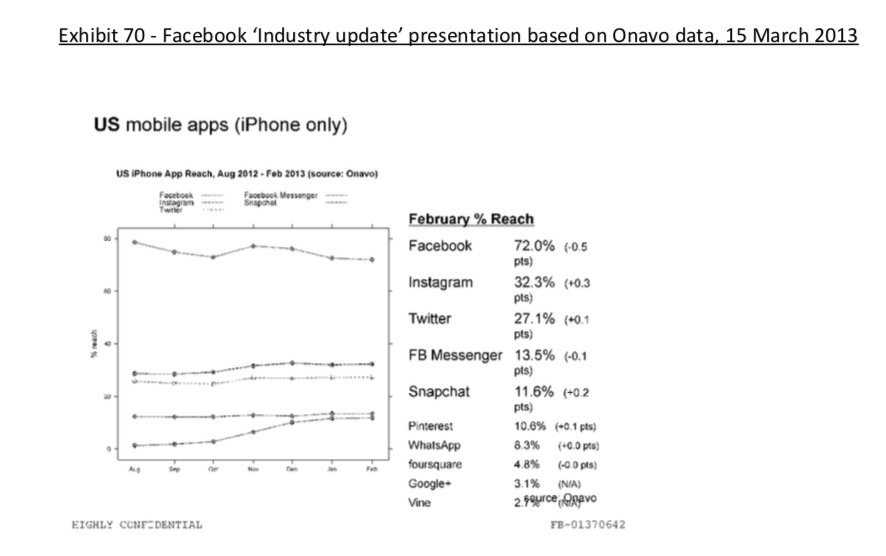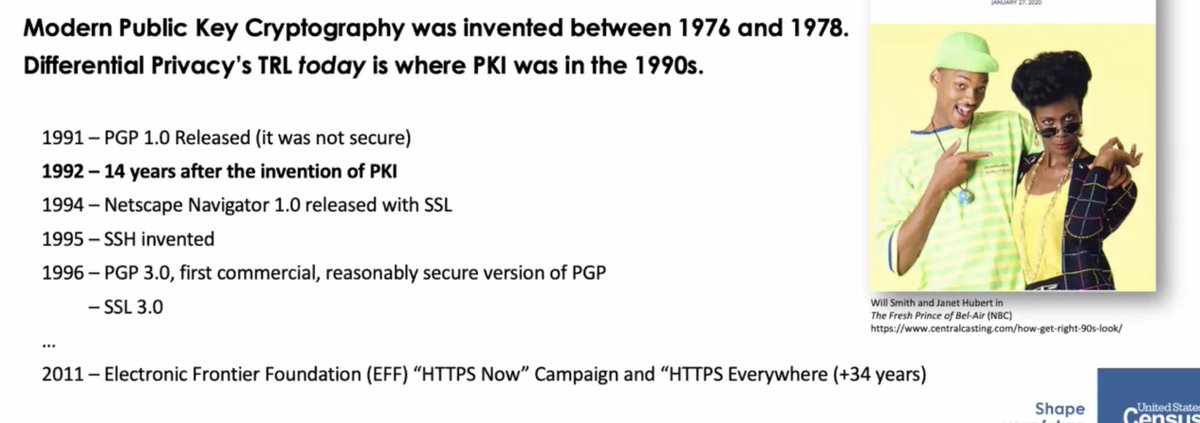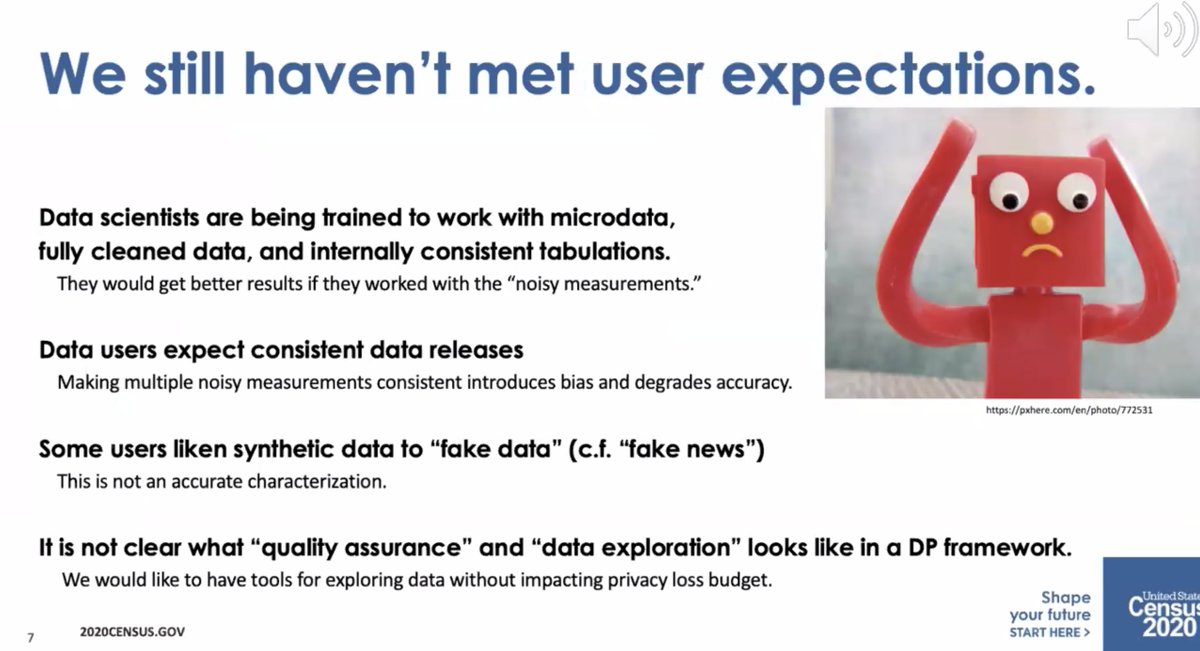Here's the thing, as someone who sees themself both in ad tech & as a privacy advocate: Advertisers who seek personalized targeting will focus on platforms with the most personal data: Facebook & Google. But I don't believe the status quo of ad targeting is the only future of it.
So the loss of audience targeting is another major negative for the open web as opposed to walled gardens who are mostly not affected - silence from privacy advocates. 6/
— Paul Bannister (@pbannist) January 5, 2021
The biggest story in tech no one\u2019s talking about is Uber discovering they\u2019d been defrauded out of $100M - or 2/3 of their ad spend.
— Nandini Jammi (@nandoodles) January 3, 2021
And all bc Sleeping Giants kept bugging them to block their ads on Breitbart. pic.twitter.com/SiS3MndewS
Do Ads Work? An Inquiry.
— Nandini Jammi (@nandoodles) January 4, 2021
In March 2017, @sapna reported that @chase was running ads across 400k sites when they were alerted they were running on hate speech. So they hand-picked 5k sites & deleted the other 395k.
They found NO change in performance. https://t.co/MzSIxjX7y3 pic.twitter.com/0AlKAOVbcF
A Moz author crunchs numbers: while more ads could have been seen by humans we can only be absolutely sure of 8%. https://t.co/8QPBiNaCwg
— Aram Zucker-Scharff (@Chronotope) January 11, 2017
When you try and purchase inventory 70% or more ends up going to these fraudsters, bullshit artists and bad ad tech vendors - https://t.co/1ir5OONMFT, https://t.co/t9JVj1axyb
— Aram Zucker-Scharff (@Chronotope) December 26, 2018
At the end of the day you can't both believe in our current form of capitalism and not believe in Facebook...
— Aram Zucker-Scharff (@Chronotope) August 4, 2020
So I guess I am one of the few people out there who will tell you this but: understanding ad tech has made me a socialist! There's more to society than cheap ads!
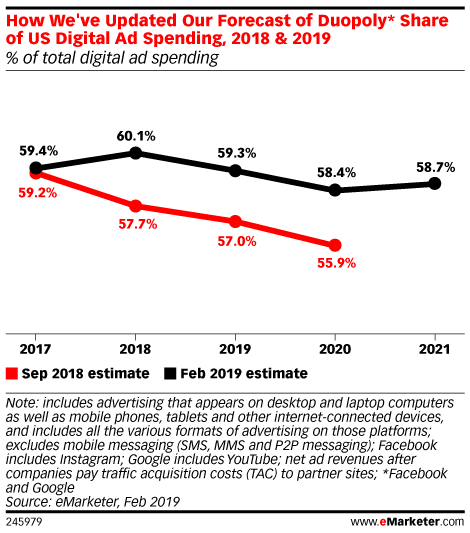
More from Tech
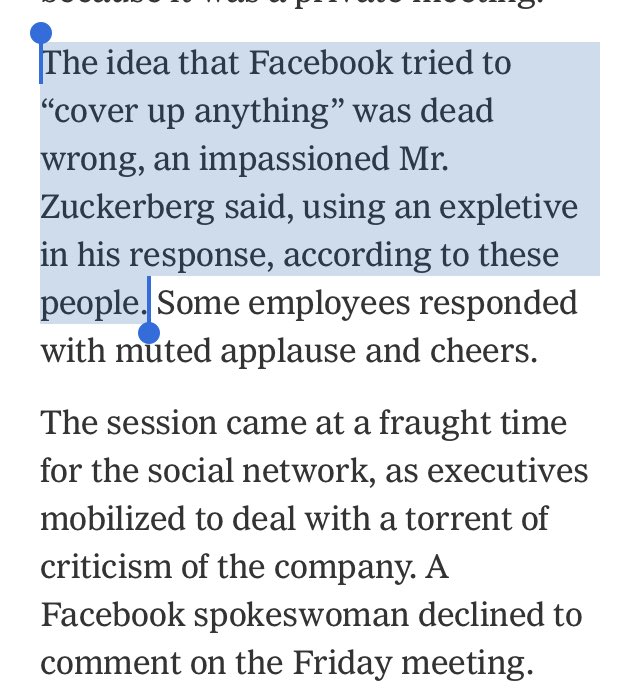
Ok, here. Just one of the 236 mentions of Facebook in the under read but incredibly important interim report from Parliament. ht @CommonsCMS https://t.co/gfhHCrOLeU
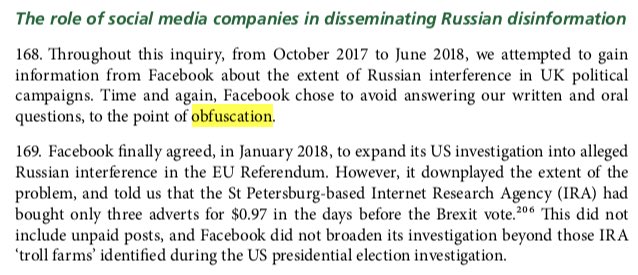
Let’s do another, this one to Senate Intel. Question: “Were you or CEO Mark Zuckerberg aware of the hiring of Joseph Chancellor?"
Answer "Facebook has over 30,000 employees. Senior management does not participate in day-today hiring decisions."

Or to @CommonsCMS: Question: "When did Mark Zuckerberg know about Cambridge Analytica?"
Answer: "He did not become aware of allegations CA may not have deleted data about FB users obtained through Dr. Kogan's app until March of 2018, when
these issues were raised in the media."

If you prefer visuals, watch this short clip after @IanCLucas rightly expresses concern about a Facebook exec failing to disclose info.
A company as powerful as @facebook should be subject to proper scrutiny. Mike Schroepfer, its CTO, told us that the buck stops with Mark Zuckerberg on the Cambridge Analytica scandal, which is why he should come and answer our questions @DamianCollins @IanCLucas pic.twitter.com/0H4VMhtIFu
— Digital, Culture, Media and Sport Committee (@CommonsCMS) May 23, 2018
You May Also Like
Some random interesting tidbits:
1) Zuck approves shutting down platform API access for Twitter's when Vine is released #competition
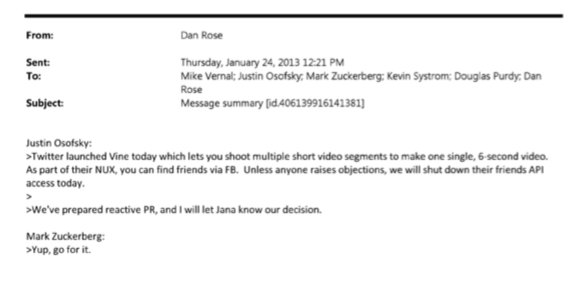
2) Facebook engineered ways to access user's call history w/o alerting users:
Team considered access to call history considered 'high PR risk' but 'growth team will charge ahead'. @Facebook created upgrade path to access data w/o subjecting users to Android permissions dialogue.
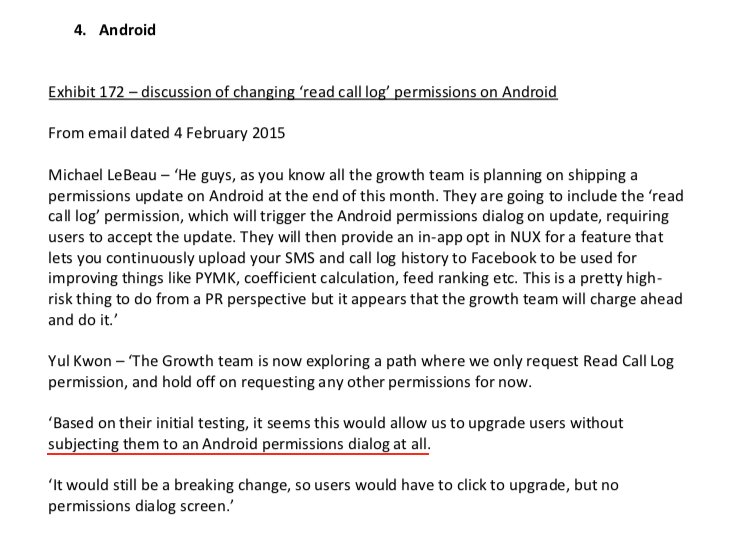
3) The above also confirms @kashhill and other's suspicion that call history was used to improve PYMK (People You May Know) suggestions and newsfeed rankings.
4) Docs also shed more light into @dseetharaman's story on @Facebook monitoring users' @Onavo VPN activity to determine what competitors to mimic or acquire in 2013.
https://t.co/PwiRIL3v9x
